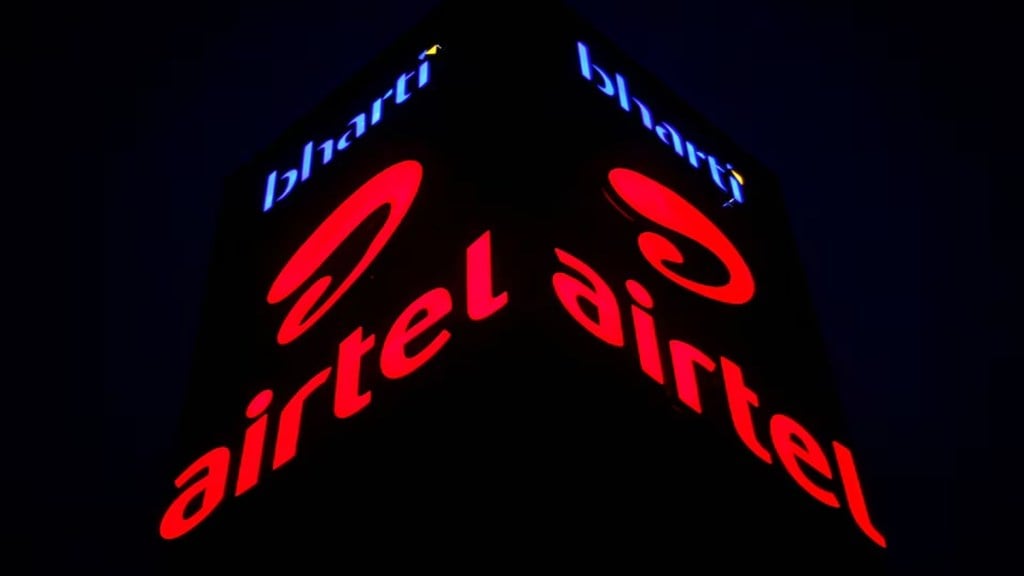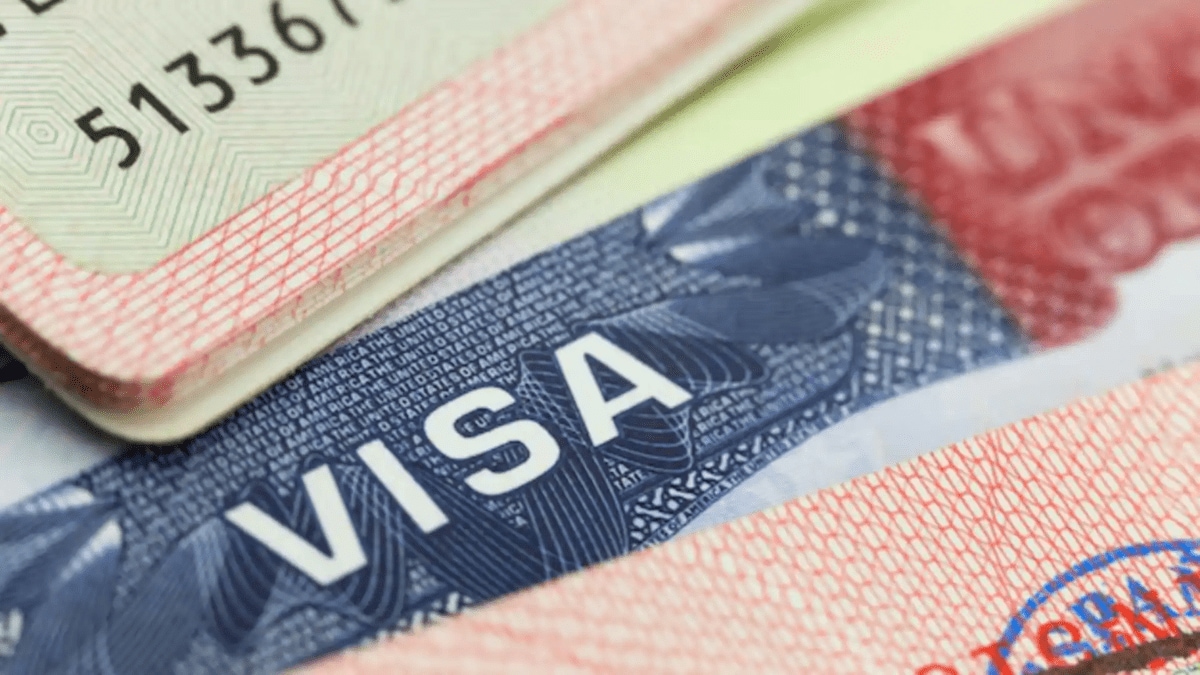Bharti Airtel‘s vice chairman and managing director, Gopal Vittal, said on Wednesday that the company’s recent proposal to convert its adjusted gross revenue (AGR) dues into government equity was only exploratory in nature. Speaking during an earnings call following the company’s March-quarter results, Vittal said Airtel approached the government merely to seek clarification on whether such a conversion option existed, similar to the relief extended to rival Vodafone Idea.
“We just wanted a non-discriminatory level-playing field in terms of an option to convert,” Vittal said. “Whether we will convert or not is a decision for the board to take… We wanted a clarification from the government whether we had the option or not,” he said.
Airtel’s request, submitted last month to the department of telecommunications, pertains to converting around Rs 40,000 crore in AGR dues into equity. If accepted, the move would give the government a 3-4% stake in the company.
This comes in the wake of the government converting Rs 36,950 crore of spectrum-related dues of Vodafone Idea into equity, in addition to an earlier conversion of Rs 16,133 crore in interest dues. These actions have led to the Centre acquiring a 49% equity stake in Vodafone Idea.
The option for dues-to-equity conversion stems from a telecom relief package unveiled in September 2021, which granted operators a four-year moratorium on AGR payments. Under the framework, telcos were permitted to convert deferred dues into equity at the end of the moratorium period, subject to government approval.
Beyond the regulatory developments, Vittal also addressed strategic shifts in Airtel’s direct-to-home (DTH) business. The company is removing subsidies on set-top boxes in a bid to improve cashflows. This comes as the DTH segment faces intense pressure from the free-to-air DD Free Dish platform and regulatory constraints.
“We have taken a brave call… We are waiting for the competition to follow. We hope sense will prevail to strip those subsidies out because there is no point putting in subsidies in a market where the only subsidy is going in to rotate your own customer,” said Vittal.
Airtel’s DTH revenues fell slightly in the March quarter to Rs 764 crore, with its subscriber base slipping 1.5% to 15.9 million. The company also recently ended merger discussions between its subsidiary Bharti Telemedia and Tata Group’s Tata Play.
On operational metrics, Vittal noted that the average revenue per user (Arpu) for the quarter which sequentially stood flat at Rs 245, would have moved up to Rs 248 but for fewer days in the quarter. He reiterated the importance of tariff restructuring to ensure industry sustainability, though he acknowledged limited scope to raise entry-level prices.
He proposed reconfiguring the pricing structure by reducing data allowances in mid-tier plans, which could nudge users toward higher-value offerings.








